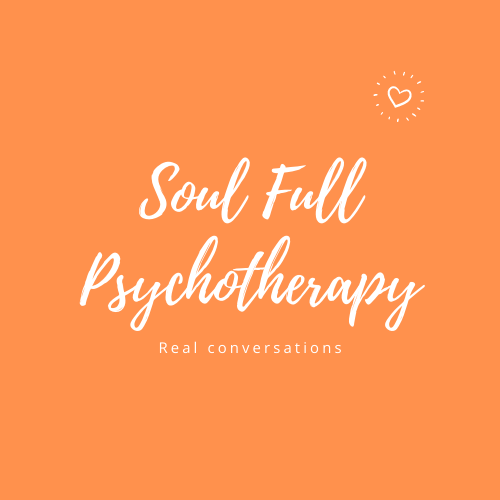Is This ADHD… or Just Me?
You’re in your 40s or 50s, juggling work, family, relationships—and quietly wondering, “Is it supposed to feel this hard?” Maybe you’ve seen posts or videos describing ADHD or autism traits and thought, “Oh… that sounds like me.” But then you second-guess yourself. Because you’ve coped, right? You’ve built a life. You’re functioning. Mostly.
Welcome. You’re not alone—and no, it’s not just you.
Why Now?
For many women, neurodivergent traits go unnoticed for decades. You might have been the daydreamer, the fidgeter, the sensitive one, the forgetful one. Maybe you were called a chatterbox, disorganised, too emotional, or lazy. Maybe you internalised all that.
Then something shifts. A life change. A hormonal shift. A significant new responsibility. Suddenly, the old coping strategies don’t work anymore—and what’s been quietly humming in the background feels loud.
You might notice:
- Burnout that doesn’t go away with rest.
- Trouble staying on top of “life admin”
- A sense of always masking, even with loved ones
- Sensory overwhelm or emotional crashes
- That you’re constantly people-pleasing or second-guessing yourself
The Quiet Signs of Neurodivergence in Women
ADHD and autism often show up differently in women and people raised as girls. You may not be the stereotype—and that’s exactly why so many of us don’t get recognised.
Here’s what it might look like:
- Being highly sensitive to sound, smells, or textures
- Zoning out in conversations—but overthinking them afterwards
- Struggling to manage time, even though you’ve read all the tips
- A deep need for downtime, but rarely getting it
- Intense empathy, emotional depth, and creativity
Sound familiar?
You Don’t Have to Figure This Out Alone
You don’t need a diagnosis to be valid. If you’re exploring the idea that you might be neurodivergent, therapy can be a powerful space to process what that means for you.
As someone who is both autistic and ADHD, I know how transformative it can be to feel seen without having to explain everything.
Together, we can explore:
- Untangling the self-doubt
- Unmasking (gently, at your pace)
- Understanding how your brain actually works
- Building supportive routines and boundaries
- Learning to trust yourself
Let’s Talk
You don’t need to fit into anyone else’s version of normal. You just need space to be yourself—fully, unapologetically, and maybe for the first time.
If you’re nodding along to this post, I’d love to hear from you.
📩 Contact me today.

0 Comments